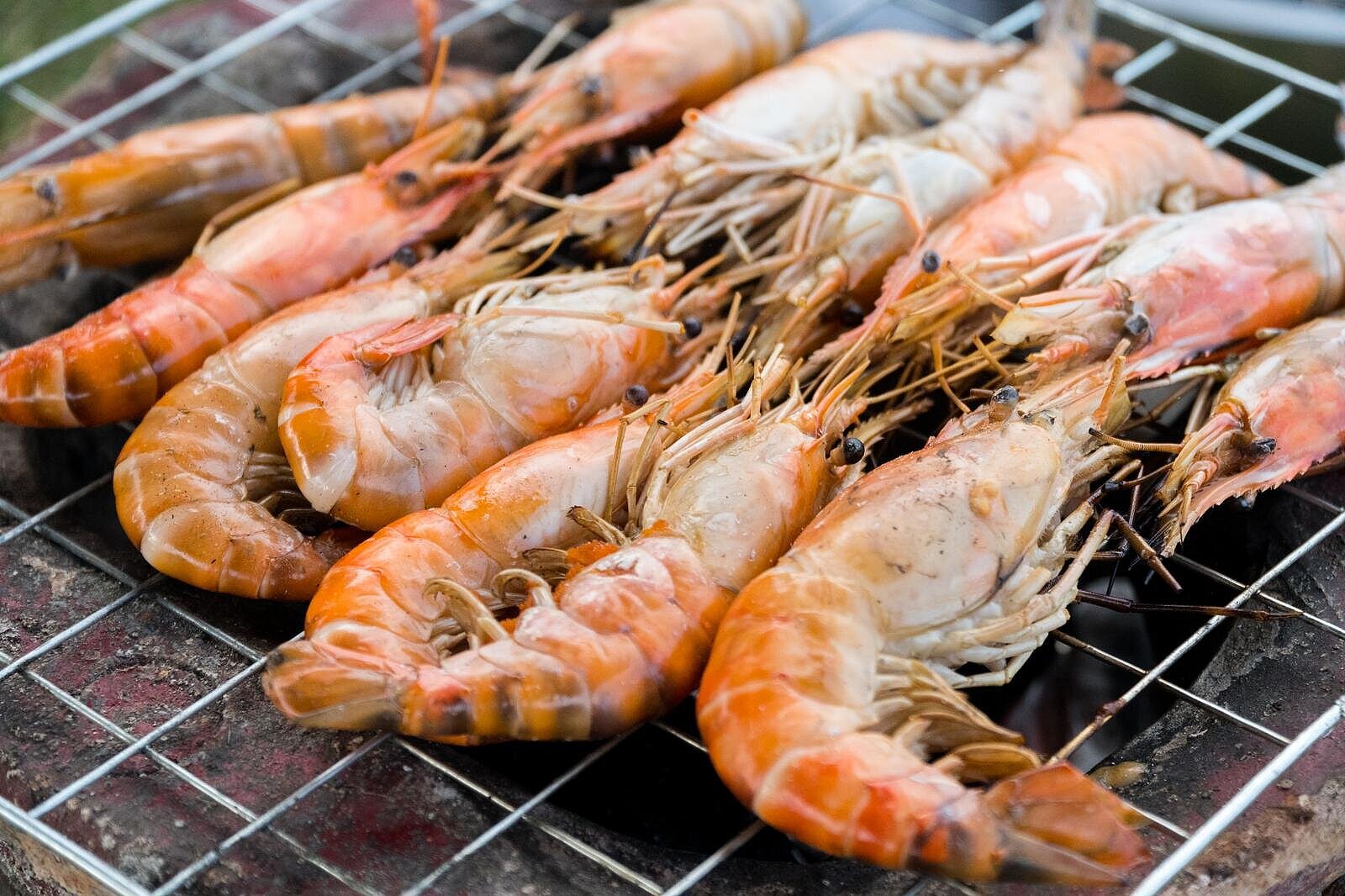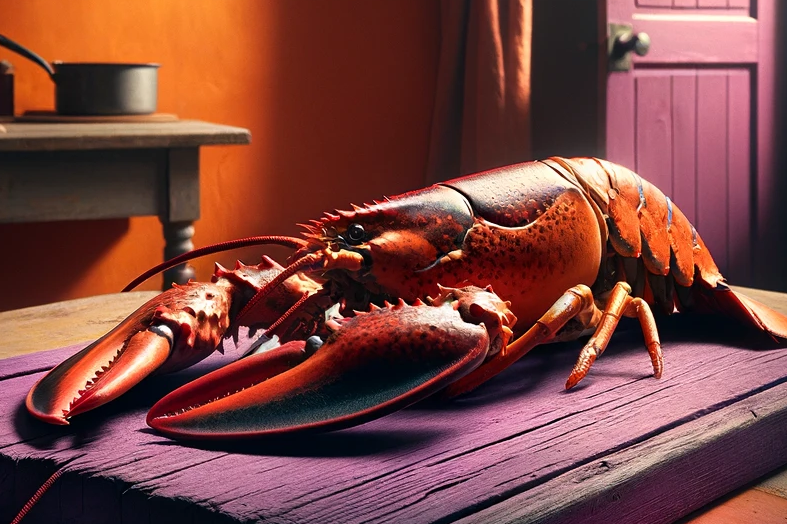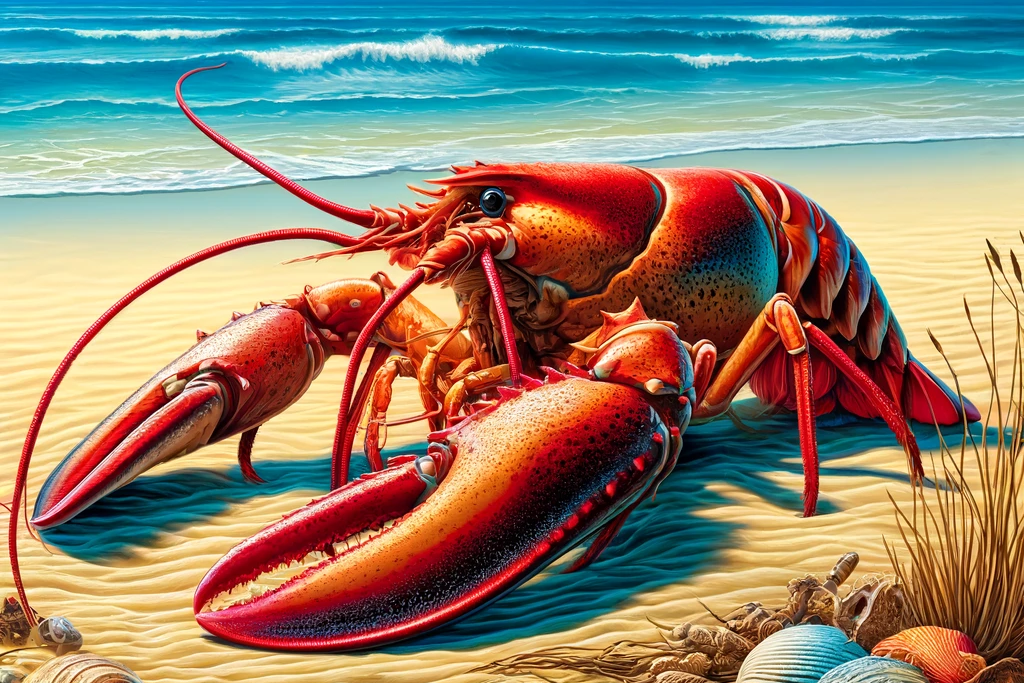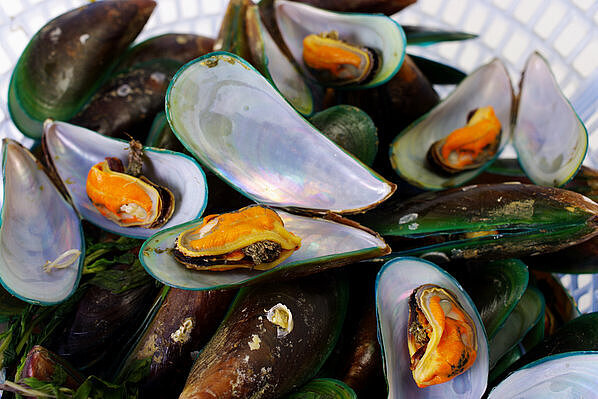Crab

What are crabs?
Crabs belong to the decapod crustacean family and are known for their nutrient-rich body structure. They are a popular source of protein and are used in a variety of dishes around the world. As well as being delicious, crab meat is rich in vitamins, minerals and omega-3 fatty acids, making it a healthy addition to the human diet. But does this also apply to dogs?
Nutritional profile of crab
Crab meat is rich in high-quality protein, which is essential for building and repairing muscle tissue. It also contains important vitamins such as vitamin B12, which plays a key role in energy metabolism and nervous system function. Minerals such as zinc and selenium found in crab help to support the immune system, while the omega-3 fatty acids have anti-inflammatory properties and can contribute to healthy skin and coat.
Benefits of crab for dogs
Health support
The nutrients contained in crab can support various aspects of your dog's health. Omega-3 fatty acids help to maintain healthy skin and can help to promote a shiny coat. The high-quality protein supports muscle development and general body condition, while the minerals it contains strengthen the immune system.
Low fat content
Crab meat has a relatively low fat content, making it a good choice for dogs that are prone to obesity or need a low-calorie diet.
Possible disadvantages and risks
Despite the obvious benefits, there are also some concerns about feeding crab to dogs.
Allergic reactions
Some dogs can have an allergic reaction to seafood. Symptoms of an allergy can include skin rashes, itching or gastrointestinal problems. It's important to be cautious when introducing new foods into your dog's diet and watch for signs of an allergic reaction.
Heavy metal exposure
Seafood can be contaminated with heavy metals such as mercury. Although crab generally has lower levels of mercury than many types of fish, it is still advisable to moderate consumption to avoid a build-up of toxins in your dog's body.
Preparation instructions
Crabs should always be served cooked and without spices, as raw crabs contain harmful bacteria and spices can cause stomach upsets or health problems in dogs. Be sure to remove all shells and claws to avoid choking hazards or internal injuries.
Enjoy with caution
Crab can be a nutritious addition to your dog's diet, provided it is offered in moderation and with your pet's individual health in mind. As with any change in diet, it is advisable to start with small amounts and observe your dog's reaction. If there are no negative reactions, crab can be a tasty and healthy treat for your furry friend. However, it's important to maintain a balance and not see crab as a substitute for a balanced diet, but as an occasional treat that strengthens the bond between you and your dog while looking after their health.
If you notice any signs of hypersensitivity or poisoning in your dog, you should see your vet immediately. We are not a substitute for a vet, but we try to be as accurate as possible. Every dog reacts differently and we recommend you get a second opinion or consult your vet if in doubt.
Stay healthy and take good care of your four-legged friend!😊
Similar to Crab
Prawns are rich in protein, which is important for your dog's muscle development and health. They also contain many vitamins and minerals such as vitamin B12, zinc, selenium and iodine, which...
Lobsters are crustaceans that live in the sea. They are crustaceans and have a hard shell that protects them. Lobsters have ten legs, two of which serve as claws. They feed on fish, mussels, worms...
Lobsters are sea creatures that belong to the decapod crustacean family. They resemble lobsters, but unlike lobsters they do not have the characteristic large claws. Instead, spiny lobsters have a...
Mussel meat is the soft tissue that lives inside mussels. There are many different types of mussels that can be used as food, such as mussels, oysters or scallops. Mussel meat contains a lot of...



